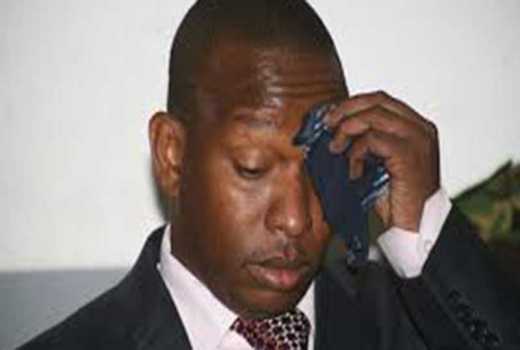×
The Standard e-Paper
Fearless, Trusted News

Did Governor Sonko miss the magic of the first 100 days? This question came to mind as I watched a TV discussion in which the Governor’s political advisor, Oyieyo Onchari, tried to defend him against allegations of non-performance.
Onchari’s main line of defence was that much of the period of Sonko’s leadership had been rendered unconducive to any meaningful activities by the post-election unrest.